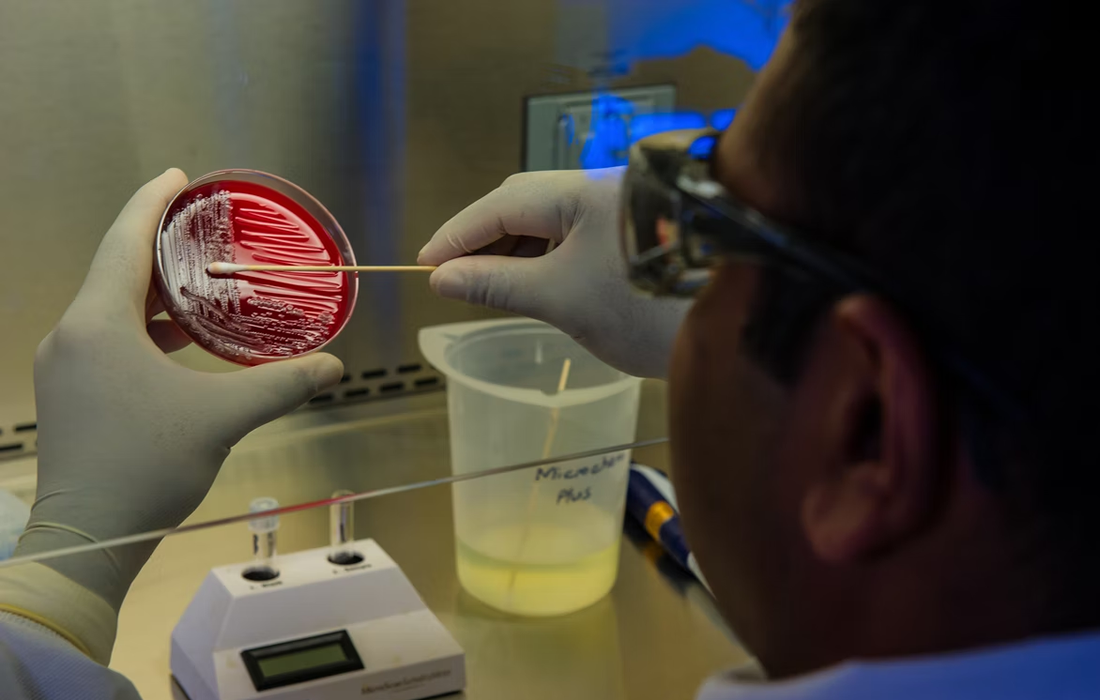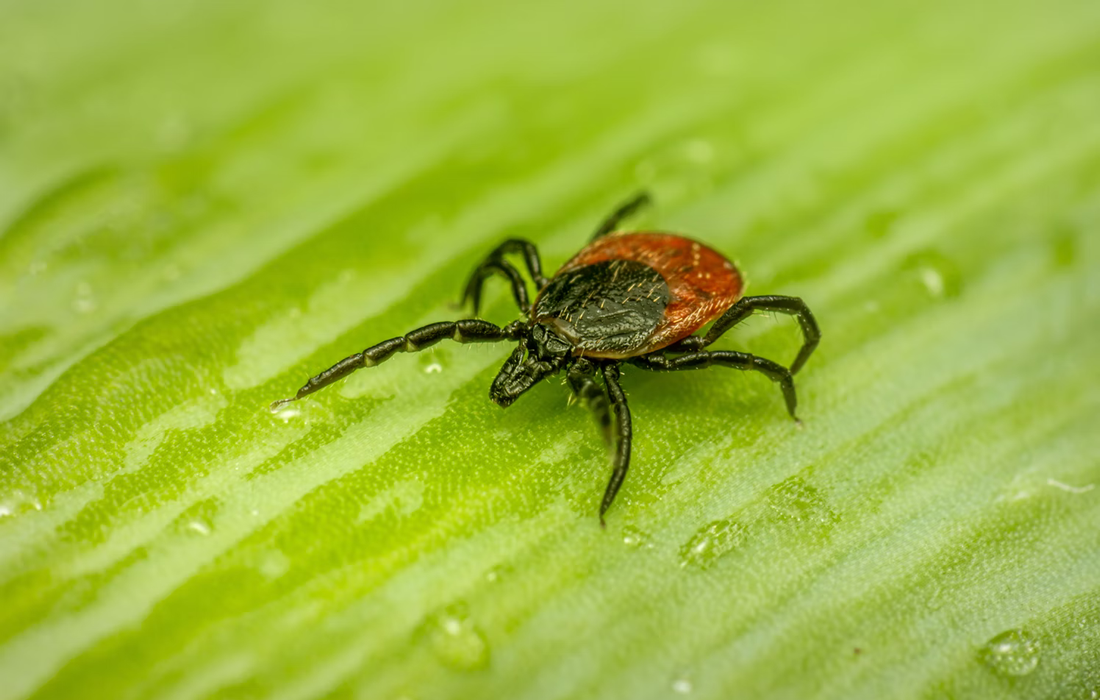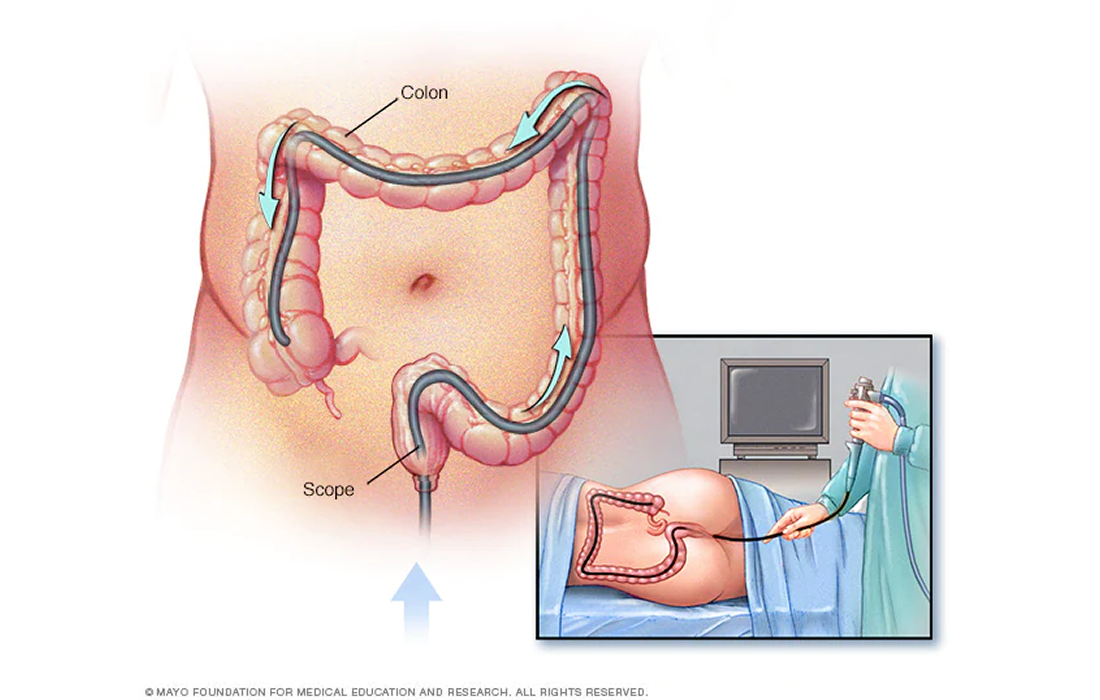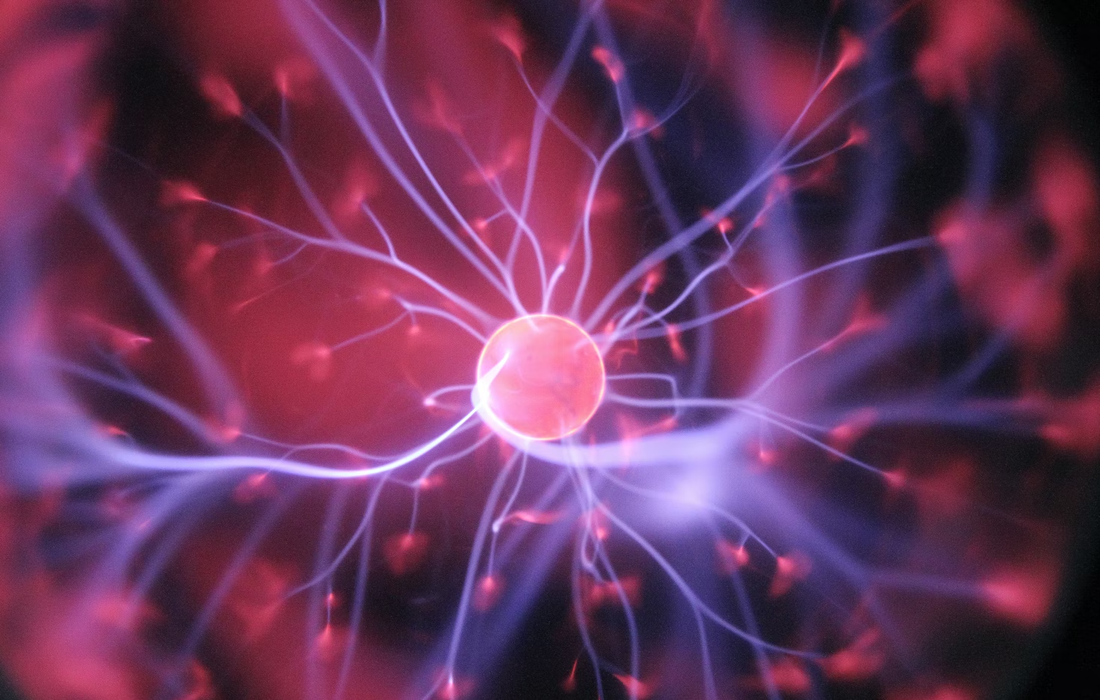Organ transplantation is a very complicated procedure. Different factors must be met in order to be successful, such as compatibility between the donor and recipient, the process of moving the live organ from donor to recipient, and maintaining it working properly until it reaches its destination. The traditional method of moving a transplant organ involves […]
Category Archives: Regenerative Medicine News and General Information
Nearly a third of the population in the westernized world has allergies. Some influencing factors are still under debate, such as decreased microbial exposure, personal predisposition, and/or intrinsic features of allergens considered to be relevant. Studies have shown that the whey protein β-lactoglobulin (BLG), which is known to be a major allergen in cow’s milk, […]
Type 1 diabetes, once known as juvenile diabetes or insulin-dependent diabetes, is a chronic condition in which the pancreas produces little or no insulin. Insulin is a hormone needed to allow sugar (glucose) to enter cells to produce energy. There are many known factors that can increase the risk of developing type 1 diabetes, among […]
Patients with schizophrenia are symptomatically and genetically heterogeneous, and it is assumed that there are various underlying pathological mechanisms. However, there are no biomarkers for these heterogeneous subgroups, and elucidation of pathological mechanisms underlying treatment resistance in patients and/or symptoms is insufficient. Genetic analysis has revealed risk genes related to the synapse, chromatin modification, and […]
There are viruses that can selectively infect and replicate in tumor cells, they are known as oncolytic viruses, and are found in nature or can be genetically engineered. As they replicate, they can disintegrate and kill infected tumor cells, the cells burst and the proteins and antigens released can be recognized by the immune system, […]
Researchers have applied a novel stem cell model to map disease risk variants in human neurons, which could help increase our knowledge of the biological mechanisms of neuropsychiatric disorders such as autism and schizophrenia. For the study, the team used a cellular model designed to enable future researchers to elucidate the disease mechanisms involving genome-wide […]
Lyme disease is the most common vector-borne disease in the United States. Lyme disease is caused by the bacterium Borrelia burgdorferi and rarely, Borrelia mayonii. It is transmitted to humans through the bite of infected black-legged ticks. Some common symptoms of the disease include fever, headache, fatigue, and a characteristic skin rash called erythema migrans. […]
Approximately 6.6% of the global population carries a diagnosis of type 2 diabetes mellitus (T2DM). Patients with T2DM are at greater risk for developing dementia and Alzheimer’s disease (AD) and have been reported to exhibit inferior cognitive performance when compared to age-matched healthy controls. In a recently published study, researchers characterized the neurocognitive effects associated […]
Multiple Sclerosis (MS) is an autoimmune, inflammatory, demyelinating disease of the central nervous system influenced by genetic susceptibility and environmental factors. The gut microbiota is one such environmental factor that has been implicated in the development and progression of the disease. Previous studies have demonstrated that MS patients have numerous taxonomic alterations in their gut […]
Our brain stores memories into groups instead of recording every single memory, that way the recollection of one significant memory triggers the recall of others connected by time. But as we age this ability starts to decrease and our brain gradually loses the ability to link related memories. A new study by researchers from UCLA, […]










